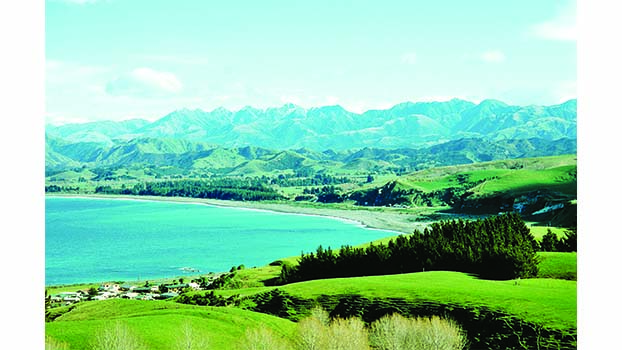Lord of the Rings TV show to be filmed in New Zealand

New Zealand will reprise its starring role as Middle Earth with confirmation Amazon Studios will film its new Lord of the Rings television series on its shores.
The country – where Sir Peter Jackson filmed the original Lord of the Rings and Hobbit movies – beat rival Scotland to be named the production location for the series, set to be the most expensive TV show ever made.
Filming for the NZ$1.3bn (£660m) series is slated to begin in the coming months at three sites across Auckland in the North Island. The capital Wellington had been considered but was ruled out due to all available studio space being taken up by Hollywood director James Cameron, who is filming his four Avatar sequels there.
The deal is seen as a win for the New Zealand film industry and a coup for the government, which had been involved in months of negotiations with Amazon while it weighed up location options.
Phil Twyford, New Zealand’s economic development minister, described the “ambitious production” as fantastic news for the country, and said it would create jobs and significant overseas investment.
It was New Zealand’s “majestic” scenery that could match the “primordial beauty” of Middle Earth that helped clinch the deal, showrunners and executive producers JD Payne and Patrick McKay told news website Stuff.
That will be of little comfort to Scotland, which had been in the frame as a front-runner, with reports that uncertainty over Brexit saw it fall out of favour with Amazon.
While precise plot details of the new series have been kept a closely guarded secret Amazon has revealed that the series will be set during the 3,441-year period before the events of The Fellowship of the Ring, with rumours the script will focus on a young Aragorn, played by Viggo Mortensen in the film trilogy.
This new billion-dollar deal may not be without its own cost to New Zealand ratepayers, with government film subsidies offering a rebate of up to 25%. —Guardian



